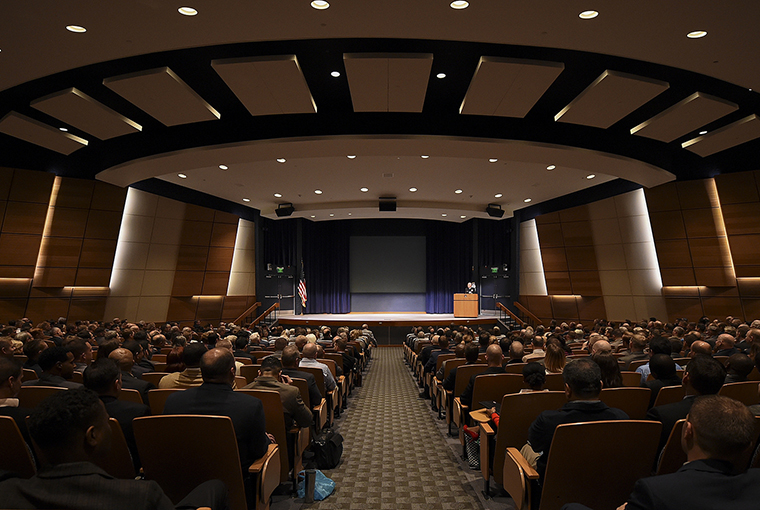Lectures of Opportunity: "Bombs without Boots: The Limits of Airpower"

About this Event
Event Information
U.S. Naval War College, LOO Coordinator
This event is not open to the general public
This event is only open to individuals with base access.About this lecture series
Lectures of Opportunity (LOOs) offer Naval War College (NWC) students, faculty, and staff an opportunity to learn more about national and international socio-political subjects that may be of relevance to the NWC community.
Synopsis
Airpower can achieve military objectives—sometimes, in some circumstances
It sounds simple: using airpower to intervene militarily in conflicts, thus minimizing the deaths of soldiers and civilians while achieving both tactical and strategic objectives. In reality, airpower alone sometimes does win battles, but the costs can be high and the long-term consequences may fall short of what decision-makers had in mind.
This study by a long-time U.S. intelligence analyst assesses the military operations and post-conflict outcomes in five cases since the mid-1990s in which the United States and/or its allies used airpower to “solve” military problems: Bosnia in 1995, Kosovo in 1999, Afghanistan in 2001, Lebanon in 2006, and Libya in 2011. In each of these cases, airpower helped achieve the immediate objective, but the long-term outcomes often diverged significantly from the original intent of policymakers. The author concludes that airpower sometimes can be effective when used to support indigenous ground forces, but decision-makers should carefully consider all the circumstances before sending planes, drones, or missiles aloft.
Most Recent
8:00 a.m.
U.S. Naval War College, 686 Cushing Rd, Newport, RI 02841
U.S. Naval War College, 686 Cushing Road, Newport, RI 02841
U.S. Naval War College, 686 Cushing Road, Newport, RI 02841
8:00 a.m.
U.S. Naval War College, 686 Cushing Road, Newport, RI 02841
U.S. Naval War College, 686 Cushing Rd, Newport, RI 02841
